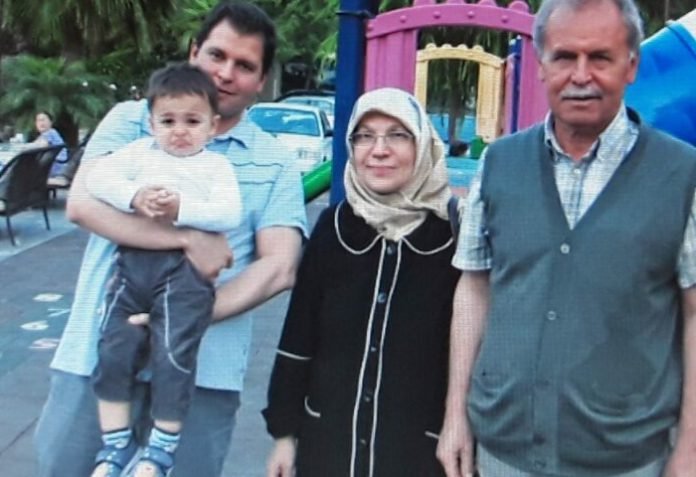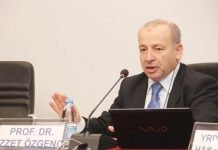As the world marks the International Day of the Victims of Enforced Disappearances, the case of Yusuf Bilge Tunç remains unsolved, highlighting the ongoing concerns about enforced disappearances in Turkey.
Tunç disappeared in Ankara on August 6, 2019 in broad daylight, leaving no trace behind. His father, Mustafa Tunç, earlier said neither the police nor the prosecutor had cooperated with the family in finding their son.
Tunç’s car was found in a remote area 45 days after he vanished from a shopping mall in Ankara. His family immediately called the police; yet the police showed no real interest in his disappearance. The police only conducted a crime scene investigation six months after the car was found.
Human rights defenders and members of Turkey’s pro-Kurdish Peoples’ Equality and Democracy Party (DEM Party), including prominent MP Ömer Faruk Gergerlioğlu, have repeatedly called on the Ministry of Interior to provide information about Tunç’s whereabouts, but these appeals have gone unanswered.
Families of the disappeared have consistently complained about the lack of cooperation from authorities, and there are reports that those who reappeared were intimidated into silence. A report from the Ankara Bar Association’s Human Rights Center details how lawyers were obstructed and intimidated when trying to meet with the once-missing individuals, suggesting a broader pattern of suppression and abuse.
Tunç was a former civil servant who was summarily fired by an executive decree after a July 15, 2016 coup attempt on the grounds that he had links to the Gülen movement, inspired by Muslim cleric Fetullah Gülen.
Turkish President Recep Tayyip Erdoğan has been targeting followers of the Gülen movement since the corruption investigations of December 2013, which implicated then-prime minister Erdoğan, his family members and his inner circle.
Dismissing the investigations as a Gülenist coup and conspiracy against his government, Erdoğan designated the movement as a terrorist organization and began to target its members. Erdoğan intensified the crackdown on the movement following the 2016 coup attempt that he accused Gülen of masterminding. Gülen and the movement strongly deny involvement in the abortive putsch or any terrorist activity.
Following the failed coup, the Turkish government declared a state of emergency and carried out a massive purge of state institutions under the pretext of an anti-coup fight. More than 130,000 public servants, including 4,156 judges and prosecutors, as well as 24,706 members of the armed forces were summarily removed from their jobs for alleged membership in or relationships with “terrorist organizations” by emergency decree-laws subject to neither judicial nor parliamentary scrutiny.
Tunç is one of the nearly three dozen people who went missing under suspicious circumstances after the attempted coup.
Several reports have identified patterns characterizing the disappearances, such as the fact that most victims were people who were either under investigation for or convicted of alleged links to the Gülen movement.
In most cases, the police and the prosecutors were reluctant to investigate, despite eyewitness accounts and video footage gathered by family members who took matters into their own hands.
Some victims turned up in police custody months after they were reported missing, with their families reporting a visible physical and mental weakening, while others, such as Tunç, still remain unaccounted for.
Some investigative journalists have claimed that Turkish intelligence is operating a black site in Ankara where the abductees are held in incommunicado detention, interrogated under torture and coerced into becoming informants for the state.
Turkey also has a history of enforced disappearances, particularly in the 1980s and ’90s, when more than 1,000 people disappeared while in police custody.
Family members of the victims have formed the Saturday Mothers, the country’s longest-running civil protest movement, which gathers for weekly vigils in İstanbul’s historic Galatasaray Square to demand accountability. Their sit-ins are often forcibly dispersed by the police, and many members of the group have stood trial due to their attendance.















